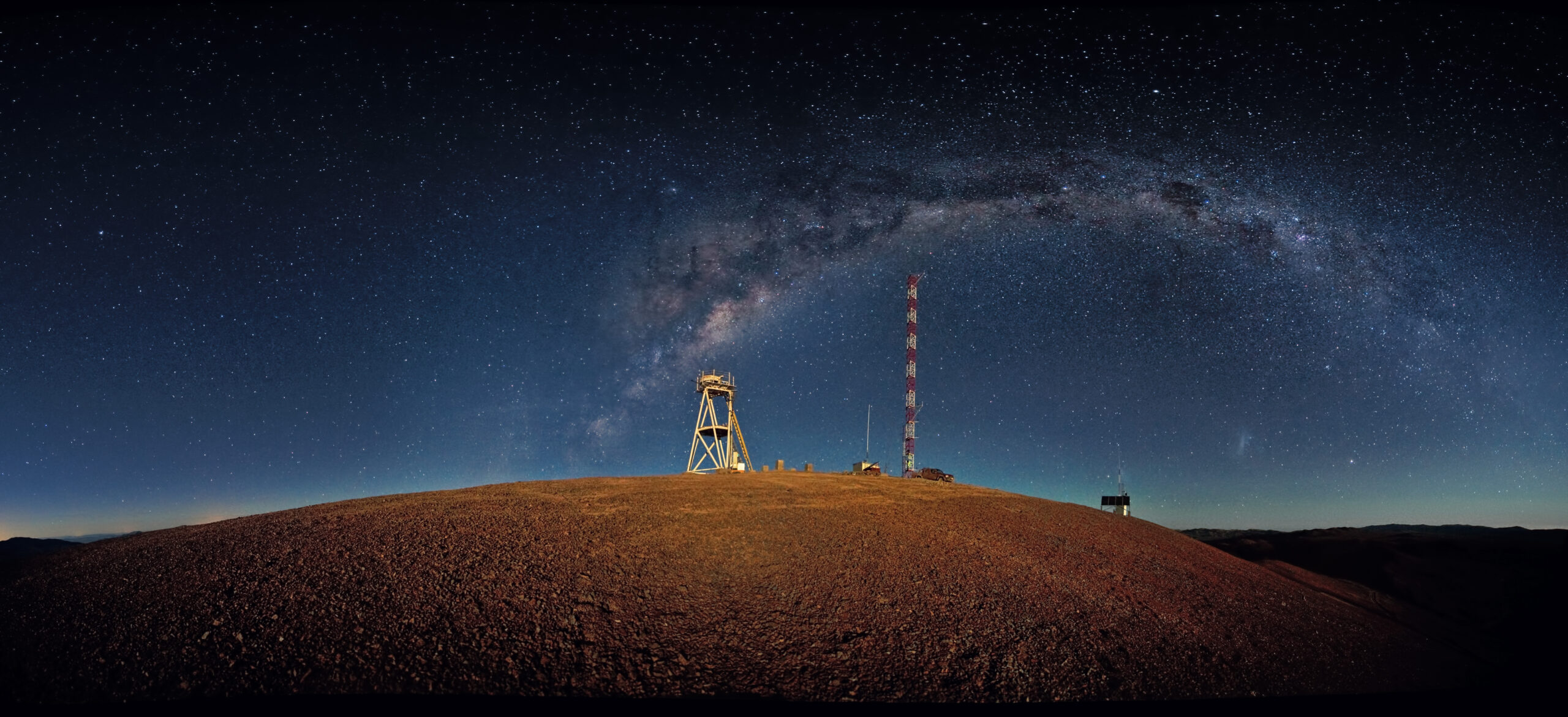
For many decades, the USA has been at the forefront of astronomy, whether with ground-based telescopes or space-based observatories like Hubble and the JWST. Yet this is now at risk as US astronomers are forced to choose between funding either the Giant Magellan Telescope (GMT) or the Thirty Meter Telescope (TMT) as part of the US Extremely Large Telescope (USELT) program. This rightfully has the presidents of Carnegie Science and Caltech – [Eric D. Isaacs] and [Thomas F. Rosenbaum] respectively – upset, with their opinion piece in the Los Angeles Times going over all the reasons why this funding cut is a terrible idea.
The slow death of US astronomy is perhaps best exemplified by the slow death and eventual collapse of the Arecibo radio telescope. Originally constructed as a Cold War era ICBM detector, it found grateful use by radio astronomers, but saw constant budget cuts and decommissioning threats. After Arecibo’s collapse, it’s now China with its FAST telescope that has mostly taken the limelight. In the case of optical telescopes, the EU’s own ELT is expected to be online in 2028, sited close to the GMT in the Atacama desert. The TMT would be sited in Hawai’i.
Of note is also that the TMT and GMT are both not solely US-funded at this point in time, but rather a partnership with a range of other nations, including Australia, Chile, South Korea, China, Canada, Japan, India and others. Even if the US only contributes funds to either telescope, the other partners may decide to pick up the slack, however the TMT project is currently in dire straits as the selected site on Mauna Kea has run into severe local resistance. This may force the TMT project to be sited elsewhere.
GMT and ESO’s ELT would seem to overlap significantly in terms of functionality and observed parts of the sky, making the TMT perhaps the most useful choice for US astronomers if they cannot have both. No matter what choice is made, however, it’ll mean more US budget cuts for astronomy and more US astronomers having to schedule observation time at EU and Asian observatories. Ultimately the USA as the guiding star in astronomy may significantly diminish, along with the positive effects of this status in the scientific community.
